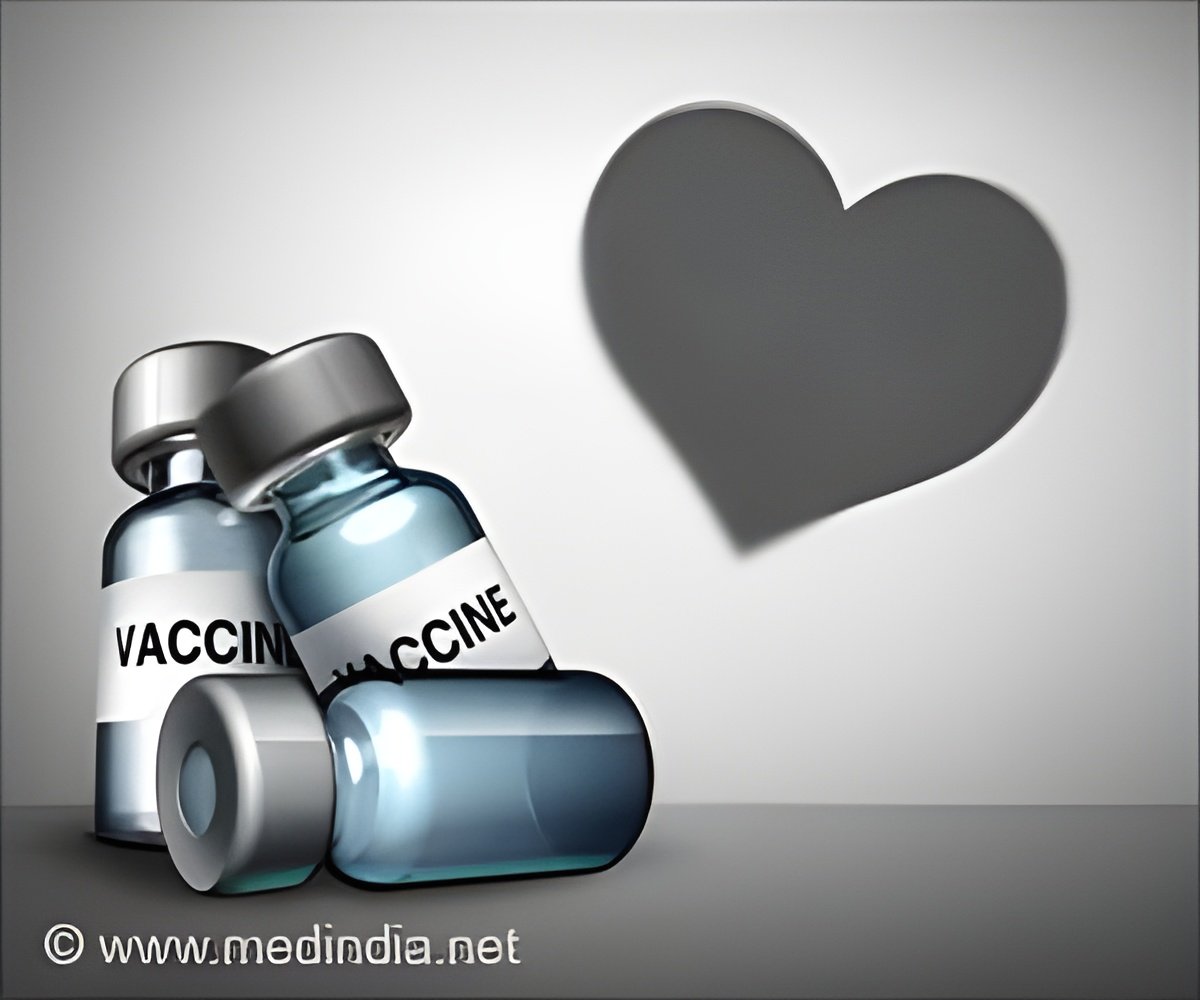Psychiatric disorders have been linked to decreased antibody positivity and diminished immune response to COVID and other vaccines.

Risk of COVID-19 Hospitalization and Protection Associated With mRNA Vaccination Among US Adults With Psychiatric Disorders
Go to source). While vaccination provided similar protection regardless of psychiatric diagnosis (none, one or multiple conditions), in contrast, unvaccinated adults with any of these conditions had a higher rate of hospitalization for COVID-19 – a marker for severe disease – than did those without a psychiatric diagnosis.
‘Unvaccinated patients with a psychiatric diagnosis face an elevated risk of COVID-19-related hospitalization. #anxiety #stress #mentalhealth #COVID-19’





Both these findings held true whether two, three or four vaccinations were received and for ages 18-49, 50-64 and 65 and older.Insights on COVID-19 Vaccine Effectiveness in Individuals with Mental Health Conditions
“Although mental health conditions can tax the immune system, putting stress on the body, we saw similar COVID-19 vaccine effectiveness in people with psychiatric diagnoses compared with those without. That’s encouraging,” said study co-author Shaun Grannis, M.D., M.S., Regenstrief Institute vice president for data and analytics.“For patients with a diagnosis of depression, anxiety, or mood disorders who are wondering if the COVID vaccine would be valuable, this paper gives us evidence that the vaccine maintains its effectiveness even in the face of mental illness. So, I would encourage vaccination because it reduces the risk of hospitalization significantly,” added Dr. Grannis.
Prior to this study, it was not known whether anxiety, depression, or mood disorders influence COVID-19 vaccine effectiveness.
“While the evidence on vaccine effectiveness for the overall population is well-established, many people still have questions about whether someone like them should get the vaccine or whether people like them benefit from the vaccine,” said study co-author Brian Dixon, PhD, MPA, interim director of Regenstrief Institute’s Clem McDonald Center for Bioinformatics.
Advertisement
Reference:
- Risk of COVID-19 Hospitalization and Protection Associated With mRNA Vaccination Among US Adults With Psychiatric Disorders - (https://onlinelibrary.wiley.com/doi/10.1111/irv.13269)
Source-Eurekalert















